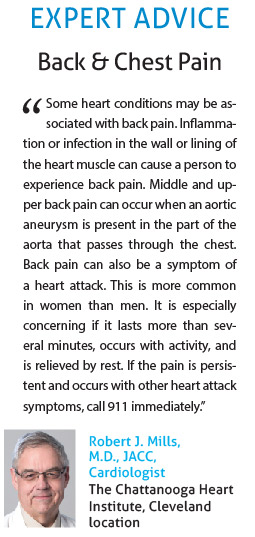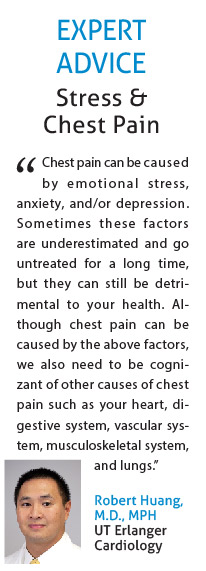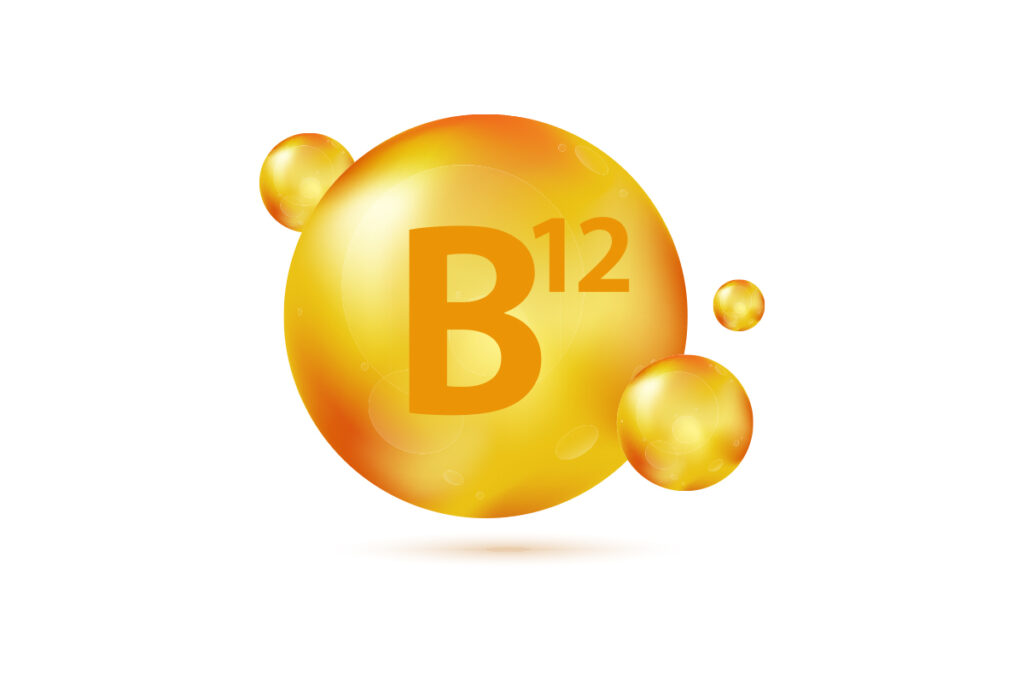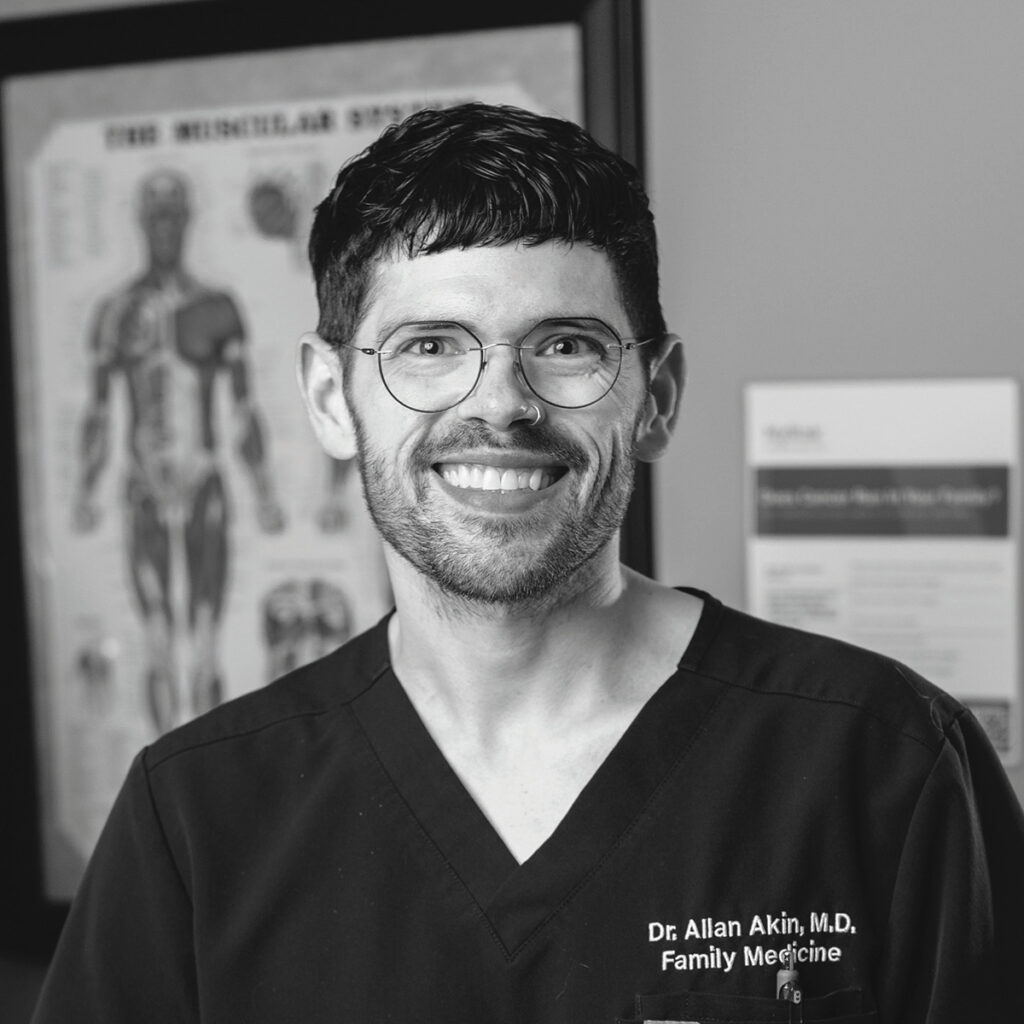 Heart Attack, Or Something Else?
Heart Attack, Or Something Else?
At the first twinge of a dull, burning sensation in the chest, we immediately think “heart attack!” But is it really a heart attack, or could it be something else?
By Judith Nembhard
When it comes down to it, any sign of a cardiac event is an emergency—so much so that the Mayo Clinic states “all chest pain deserves medical attention.” Yet it’s interesting to note that of the 6 million Americans treated for chest pain in emergency departments in 2009, only 20% were actually having a heart attack. The majority of the 6 million had complaints unrelated to the heart.
The big question: Am I having a heart attack?
 Chest pain is serious business—it’s definitely not something you dismiss, hoping it will go away. If you think your pain is heart-related, get it checked out ASAP so that artery-opening therapy can begin immediately to protect your heart from permanent damage.
Chest pain is serious business—it’s definitely not something you dismiss, hoping it will go away. If you think your pain is heart-related, get it checked out ASAP so that artery-opening therapy can begin immediately to protect your heart from permanent damage.
So how can you know if you’re having a heart attack? Well, it’s important to understand that people experience heart attack in different ways. However, cardiologists say that pain or pressure that centers in the chest and radiates to the left arm or jaw is perhaps the most obvious indication of a heart attack.
Other specific warning signs include:
• sudden tightness, heavy pressure, squeezing, or crushing in your chest
• pain, tingling, or numbness that radiates to your arms (particularly the left), your jaw, or between your shoulder blades
• pain accompanied by shortness of breath, dizziness, a cold sweat, a racing heart, or sudden nausea and vomiting
• pain that is suddenly more intense, brought on by lighter activity, or lasts longer than usual
If you have crushing, squeezing pain or pressure in your chest, particularly if it’s accompanied by any of the symptoms mentioned above, call 911 or ask someone to drive you to the hospital. Do not drive yourself.
It’s important to understand that your risk of having a heart attack is greater if you have a family history of heart disease, you smoke, have high cholesterol and/or blood pressure, or are overweight. You are also more at risk if you have high cholesterol, high blood pressure, or diabetes.
What will a doctor do?
 Depending on the severity of your symptoms, your doctor may first ask you questions about the nature of your chest pain and your medical history and then do a physical exam. The medical history and exam can suggest the cause of your chest pain and help your doctor determine tests that may need to be done.
Depending on the severity of your symptoms, your doctor may first ask you questions about the nature of your chest pain and your medical history and then do a physical exam. The medical history and exam can suggest the cause of your chest pain and help your doctor determine tests that may need to be done.
 You should be prepared for several tests, one of the first being the electrocardiogram (ECG). An ECG can show whether a heart attack has occurred or is in progress, because a heart muscle experiencing tissue death will not conduct electrical impulses normally. Another initial test performed to rule out dangerous causes is a pulse oximetry, or a measurement of oxygen levels using a sensor placed on a finger.
You should be prepared for several tests, one of the first being the electrocardiogram (ECG). An ECG can show whether a heart attack has occurred or is in progress, because a heart muscle experiencing tissue death will not conduct electrical impulses normally. Another initial test performed to rule out dangerous causes is a pulse oximetry, or a measurement of oxygen levels using a sensor placed on a finger.
Stress testing, blood tests, cardiac catheterization and chest X-rays may also be part of the evaluation process to determine the most appropriate treatment.
If my chest pain is not heart-related, what could it be from?
According to the National Institutes of Health, any organ or tissue in your chest can be the source of pain, including your heart, lungs, esophagus, muscles, ribs, tendons, or nerves. Pain may also spread to the chest from the neck, abdomen, and back. If it’s not directly related to your heart, it may be from:
Digestive Causes.
Esophageal disorders like GERD or acid reflux are common causes of heartburn-like chest pain. If you have chest pain after meals or your pain is accompanied by an acidic taste in your mouth, you may have acid reflux. Chest pain can also be caused by several kinds of gastrointestinal issues. Stomach ulcers or gastritis can lead to a burning pain when the stomach is empty, and problems in the gallbladder or in the pancreas can cause abdominal pain that spreads to the chest.
Muscle, Ligament, or Bone Causes.
Overexertion or an injury to the chest area from a fall or an accident can cause chest pain. Broken or bruised ribs may cause pain that worsens with deep breathing or coughing. Even coughing itself can irritate or inflame the muscles and tendons between the ribs and cause persistent chest pain that tends to worsen with activity.
Lung-related Causes.
A common cause of chest pain is inflammation of the membrane that covers the lungs, or pleuritis. Lung-related sicknesses like pneumonia and pleurisy can cause sharp chest pains that get worse when you take a deep breath or cough. In more rare cases, chest pain can result from either a collapsed lung or a pulmonary embolism, which is when a blood clot lodges in a pulmonary artery, preventing blood from flowing to the tissues.
Chest pain may or may not signal a heart attack, but the bottom line is this: Don’t take a chance. If you have concerns about your symptoms, call 9-1-1 right away to be taken to the emergency room.




